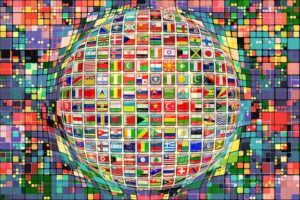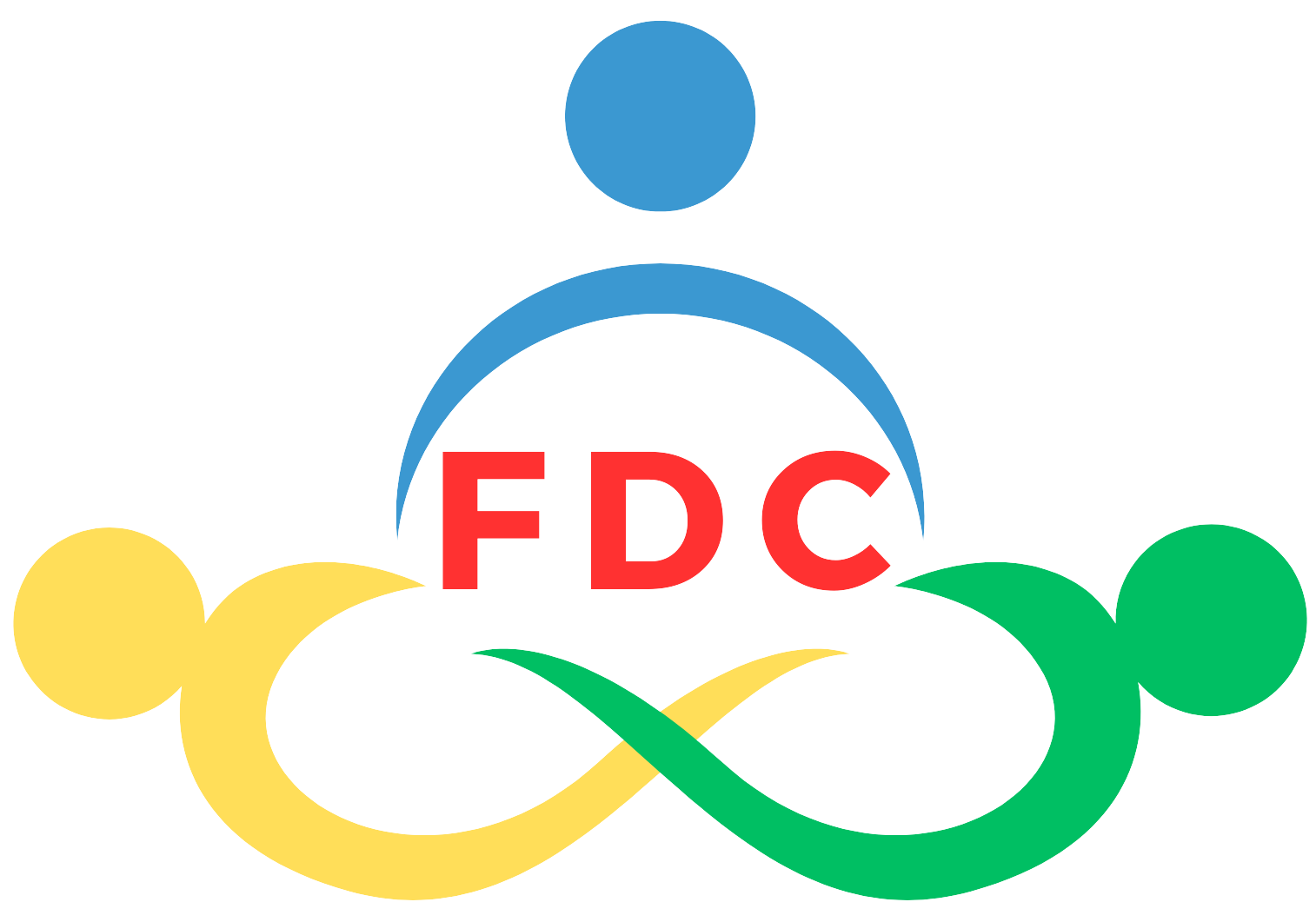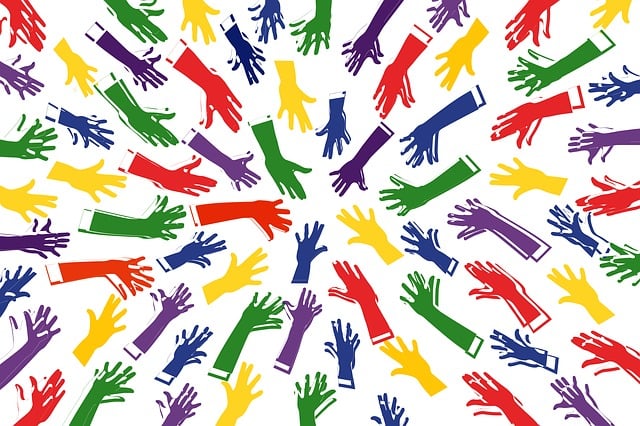
Flacq Disabled Centre
Inclusion refers to the practice of ensuring that all individuals, regardless of their differences, have equal access to opportunities, resources, and participation in society. It is rooted in the belief that diversity—whether in terms of race, ability, gender, culture, or socioeconomic status—enriches communities and strengthens social cohesion. On an international level, inclusion has become a critical framework within various sectors, particularly in education, where it aims to ensure that all learners, especially those with disabilities or special needs, can learn alongside their peers in a supportive and barrier-free environment.
International Perspective on Inclusion
Globally, inclusion has become a key pillar of social and educational policies, with significant momentum gained through frameworks like the United Nations Convention on the Rights of Persons with Disabilities (UNCRPD) and the Sustainable Development Goals (SDGs), particularly SDG 4, which emphasizes inclusive and equitable quality education for all. Many countries have adopted policies that prioritize inclusive education, ensuring that schools provide accessible environments where students with different abilities and backgrounds can thrive together.

Countries such as Finland, Canada, and Italy have successfully implemented inclusive education models, where students with special educational needs (SEN) are integrated into mainstream classrooms with tailored support. These models focus on collaborative learning, where diversity is celebrated, and differentiated teaching methods ensure that each student’s needs are met.
In addition to education, inclusion internationally has extended to various other areas, such as employment, healthcare, and civic participation. Inclusive practices empower marginalized groups, creating environments where everyone can contribute and succeed.
Inclusion in Mauritius
In Mauritius, inclusion has been a growing focus, particularly in the education sector. As a signatory of the UNCRPD, Mauritius is committed to promoting inclusive practices in line with global standards. The country has made significant strides in developing policies and frameworks aimed at fostering inclusion for individuals with disabilities. The Special Education Needs Authority (SENA), established by the Ministry of Education, oversees the development of policies and services for students with special needs.

While progress has been made, challenges remain. Many schools and institutions still lack the necessary resources, such as trained staff, adaptive technologies, and infrastructure, to fully implement inclusive education. However, initiatives like the “Inclusive Education Strategy” and various NGOs working in the disability sector aim to bridge this gap, promoting access to quality education for all.
At institutions like the Flacq Disabled Centre, efforts are being made to provide specialized education and support to students with disabilities. Such centers represent a key part of the inclusive movement in Mauritius, but more needs to be done at the mainstream level to ensure broader societal inclusion.
Importance of Inclusion in a School Context
In a school setting, inclusion is not just about placing students with different abilities in the same classroom. It involves creating an environment where every student feels valued, respected, and able to participate fully in all aspects of school life. Inclusive education promotes equality, builds empathy among students, and prepares them to engage in a diverse world.
For students with disabilities, inclusion in schools provides them with opportunities to develop social skills, build relationships with their peers, and access the same learning experiences as others. It helps break down stereotypes and promotes a sense of belonging for all students.
Moreover, an inclusive school environment benefits students without disabilities as well. It fosters a culture of understanding and mutual respect, teaching children from an early age the value of diversity and collaboration. Studies have shown that inclusive classrooms lead to improved academic outcomes for all students, as educators adopt more flexible and creative teaching methods to meet the needs of a diverse student body.
How Inclusion Can Be Improved
To enhance inclusion in schools, several measures can be implemented:
Teacher Training: Educators need comprehensive training in inclusive teaching strategies and special education. This includes understanding the needs of students with disabilities and learning how to adapt curricula to suit different learning styles.
Collaborative Approach: Schools should encourage collaboration between teachers, special educators, and parents to create individualized education plans (IEPs) for students with special needs. A team-based approach ensures that students receive the support they need.
Infrastructure and Resources: Schools must invest in accessible infrastructure, such as ramps, elevators, and adaptive technologies, to accommodate students with physical disabilities. Additionally, classrooms should be equipped with tools like speech-to-text software, assistive listening devices, and specialized learning materials.
Peer Support Programs: Establishing buddy systems or peer mentoring programs can foster social inclusion, helping students with disabilities build friendships and feel more integrated into the school community.
Awareness and Sensitization: Schools should promote awareness about inclusion and disability through workshops, discussions, and campaigns. This helps students and staff understand the importance of creating an inclusive environment.
Policy Implementation and Support: Governments and education authorities must actively monitor and support the implementation of inclusive education policies, ensuring that schools have the necessary resources and guidance.
Conclusion
Inclusion, both globally and in Mauritius, represents a commitment to equity and social justice. In the context of education, inclusion is crucial for creating learning environments where every student can thrive, regardless of their background or abilities.
By investing in training, resources, and awareness, schools can foster a more inclusive and supportive environment, benefiting not only students with special needs but the entire school community. An inclusive approach enriches the learning experience, promotes social cohesion, and prepares students to contribute meaningfully to a diverse and dynamic society.

